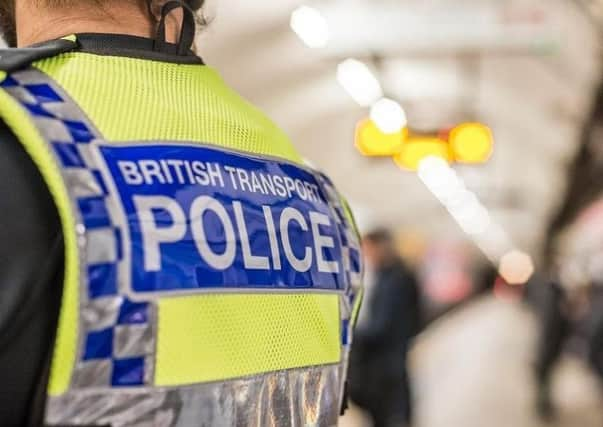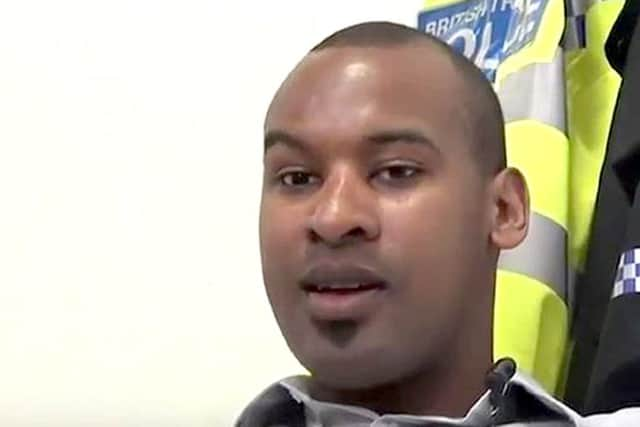The Yorkshire Post says: Action stations over crime rise. Transport police's vital role


Yet, personifying the courage which has become so emblematic of the country’s emergency services and first responders, he is able to walk by himself again and hopes to return to work next month.
This milestone is even more pertinent after the disclosure that the number of violent crimes committed on Yorkshire’s railways has more than doubled in the past two years. Furthermore the terrorist threat remains a constant one and BTP officers are the first line of defence when it comes to protecting the safety of the travelling public on a daily basis.
Advertisement
Hide AdAdvertisement
Hide AdIt’s why the latest figures are so disturbing. They’re a consequence of increased passenger numbers, in spite of the well-documented difficulties on the region’s railways, and also a seven per cent reduction in staffing levels since 2015. These figures will vindicate those police chiefs who believe there’s a direct correlation between austerity cuts and the national rise in violent crime.


The preponderance of serious incidents at weekends also stands out – the assumption is such occurrences are exacerbated by alcohol or drugs, or, in some cases, a dangerous cocktail of both. Football fans might also be a factor – increased vigilance at matches has seen hooliganism shift to town centres or public transport. However the challenge is this. Such perpetrators would, in an ideal world, be banned from the railways as part of their punishment for putting lives at needless risk. The question, once again, is one of enforcement when resources are so stretched. Perhaps Home Secretary Sajid Javid could spend a shift with BTP officers in Yorkshire to see the challenges at first hand and then secure extra funding.